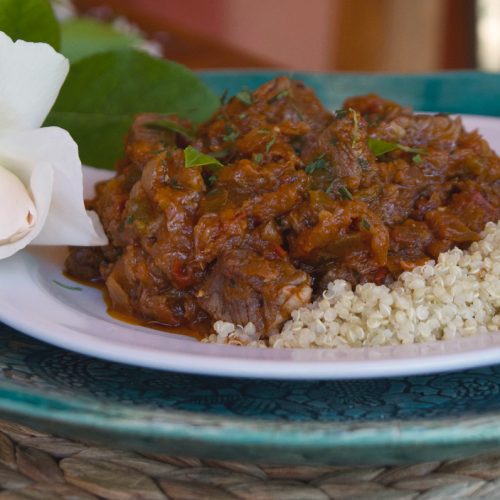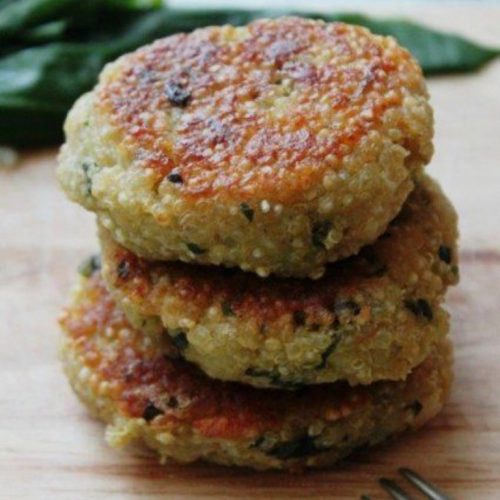![]()
- Vegetal source with a lot of Omega 3.
- It helps the heart and the vascular system. Contains natural lingams and antioxidant. Helps for memory issues and to concentrate.
- Important source of fiber.
- Consume it in salads, mixed with cereals, with yogurt, fruit smoothies, also to cook things such as brad or cookies.
- It can be consumed entirely, soaked, liquefied or grounded to maintain its natural qualities.
NUTRITIONAL INFORMATION- Portion 15 gr. (1tbsp):
| Flax Seed | Quantity Per Portion | %Daily Value* |
|---|---|---|
| Energetic Value | 67 kcal = 282 kj | 3,0 |
| Carbohydrates (g) | 0,0 | 0,0 |
| Proteins (g) | 3,10 | 4,0 |
| Total Fat (g) | 6,10 | 11,0 |
| Saturated Fat (g) | 0,70 | 3,0 |
| Trans Fat (g) | 0,00 | 0,0 |
| Monounsaturated Fat (g) | 1,20 | 0,0 |
| Polyunsaturated Fat (g) | 4,30 | 0,0 |
| Omega 3 (g) | 3,30 | 0,0 |
| Omega 6 (g) | 1,00 | 0,0 |
| Cholesterol (mg) | 0,00 | 0,0 |
| Alimentary Fiber (g) | 4,30 | 17,0 |
| Sodium (mg) | 13,00 | 1,0 |
| Magnesium (mg) | 46,00 | 3,0 |
| Zinc (mg) | 0,7 | 2,0 |
(*) Daily values based on a diet of 2000 kcal or 8400 kj.
Daily values may change depending on their energetic needs.













 Español
Español
